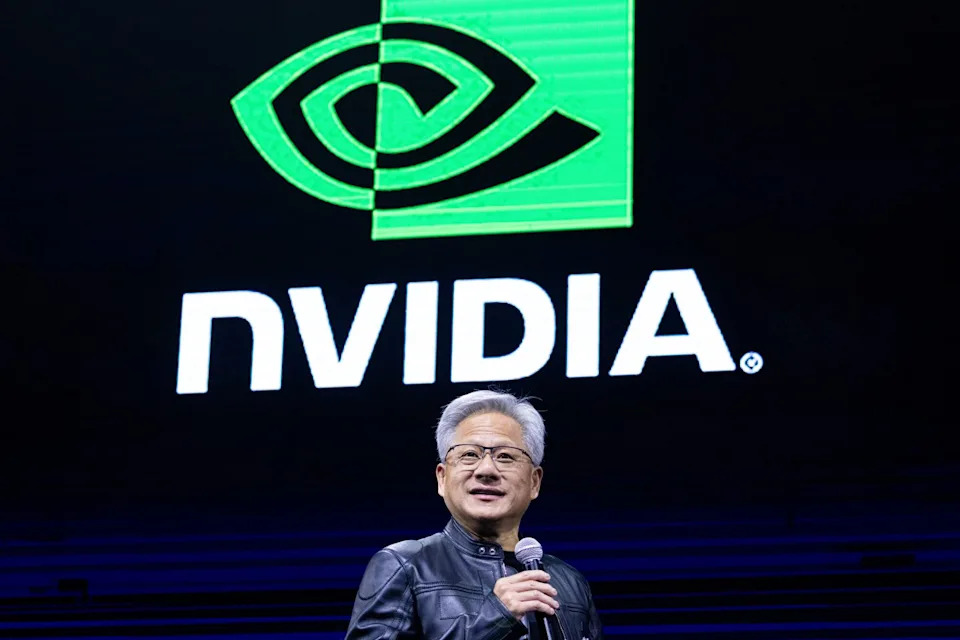
China Draws Red Lines on US Chip Tracking With Nvidia Meeting
Key Points
- China's Stance on Chip Tracking: Beijing is using the summons of Nvidia staff over H20 chip security concerns as a strategic move to oppose US plans for tracking high-end semiconductors, signaling caution to domestic firms and global partners.**
- Nvidia's Position: Nvidia firmly opposes backdoors or tracking mechanisms in its chips, emphasizing that such features undermine trust and security in US technology.**
- Broader Implications: The Chinese action reflects a broader resistance to surveillance capabilities in American semiconductors, potentially resonating with global audiences, including US allies.**
- US-China Relations: Despite the chip dispute, both nations are maintaining a tariff truce and are reportedly close to a deal, with Trump expressing optimism about relations with China.**
- Domestic Impact in China: The scrutiny of imported chips has boosted shares in Chinese chipmakers, as Beijing may leverage the situation to push for domestic substitution or negotiate supply security.**
Summary
In the ongoing US-China trade conflict, Beijing is leveraging the issue of high-end chip tracking to assert its position globally against the Trump administration’s surveillance plans. Chinese regulators recently summoned Nvidia staff over alleged security risks with its H20 chips, a move seen as a warning against future US tracking mandates rather than a direct critique of the chips themselves. Analysts suggest this action aims to caution domestic firms, alert the world, and pressure Nvidia to influence US policy. Nvidia has publicly rejected backdoors or tracking in its technology, citing security and trust concerns. Meanwhile, US officials are exploring chip-tracking methods, though a final deal with China on trade issues, including rare-earth magnets, remains pending. Despite tensions, both sides maintain a tariff truce, with Trump expressing optimism about a potential agreement. China’s resistance to surveillance in American chips may resonate globally, while domestic media and policies push for self-reliance in AI chip production, boosting local semiconductor firms. The situation underscores the delicate balance between technological competition and broader US-China relations, with potential implications for global tech supply chains and security standards.
yahoo
August 6, 2025
Stocks


